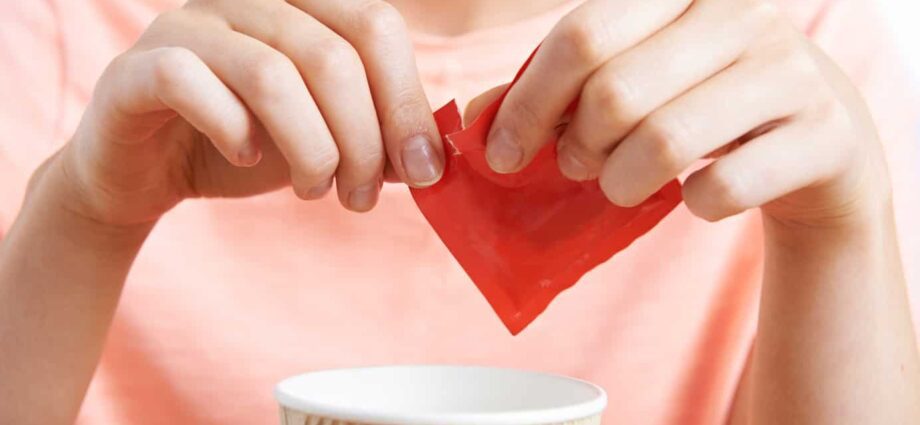Hevitra ato Anatiny
Aspartame: tsy misy loza fantatra mandritra ny fitondrana vohoka
Is Aspartame Safe For Pregnant Women? The National Food Safety Agency (ANSES) issued a report on the nutritional risks and benefits of this product, in period of bevohoka. Verdict : « The available data do not support a conclusion to a detrimental effect of intense sweeteners during pregnancy". The existence of risks is therefore not established. Nevertheless, the French Agency proposes to continue the studies. And this, especially since a Danish study points to a mety ho vokatry ny asa aloha loatra more important in pregnant women who drink one “light drink” per day.
Pregnancy and aspartame: studies that worry
This study, carried out on 59 pregnant women and published at the end of 334, shows that the risk of premature birth increases by 27% from the consumption of a soft drink with sweeteners per day. Four cans daily would raise the risk to 78%.
However, the study focuses only on diet drinks. However, the sweeteners are also very present in the rest of our diet. ” It is absurd to want to wait for other proofs, insofar as the risk is well characterized and that it concerns a significant part of the population, pregnant women, of whom 71,8% consume aspartame during their pregnancy », Observes Laurent Chevalier, nutrition consultant and head of the food commission of the Health Environment Network (RES).
The other major scientific studies are those published by the Ramazzini Institute since 2007. They show that the consumption of aspartame in rodents throughout their life leads to a increased number of cancers. This phenomenon is amplified when exposure begins during pregnancy. But so far, these effects have not been verified in humans.
No risks … but no benefits
ANSES clearly indicates in its report that there is ” a lack of nutritional benefit »To consume sweeteners. These products are therefore useless for the expectant mother, and a fortiori for the rest of the population. Another good reason to ban “fake sugar” from your plate.
This finding also closes the debate on the potential benefit of sweeteners to prevent gestational diabetes. For Laurent Chevalier, “ prevention of this type of disease requires better nutrition and less exposure to endocrine disruptors“. Insofar as these products have no nutritional value, is it really necessary to continue studies? One may ask.
Especially since carrying out new research would be equivalent to waiting another ten years. If this work leads to the same conclusions – a proven risk of premature childbirth – what responsibility for doctors and scientists? …
It remains difficult to understand why ANSES remains so measured on the issue. So where has the famous precautionary principle gone? “There is a cultural problem, the experts of the ANSES working group believe that to give a definitive scientific opinion, they need more elements, whereas we, as doctors within the Environment and Health Network, we consider that we have enough elements to already give recommendations for a product of no nutritional value, ”summarizes Laurent Chevallier.
Next step: the opinion of the European Food Safety Authority (EFSA)
By the end of the year, theEuropean Food Safety Authority (EFSA) to report on specific risks of aspartame. At the request of ANSES, it will propose a reassessment of the acceptable daily dose. It is currently 40 mg per kilogram of body weight per day. Which corresponds to the daily consumption of 95 candies or 33 cans of Diet Coca-Cola, for a 60 kg person.
In the meantime, caution remains in order …










